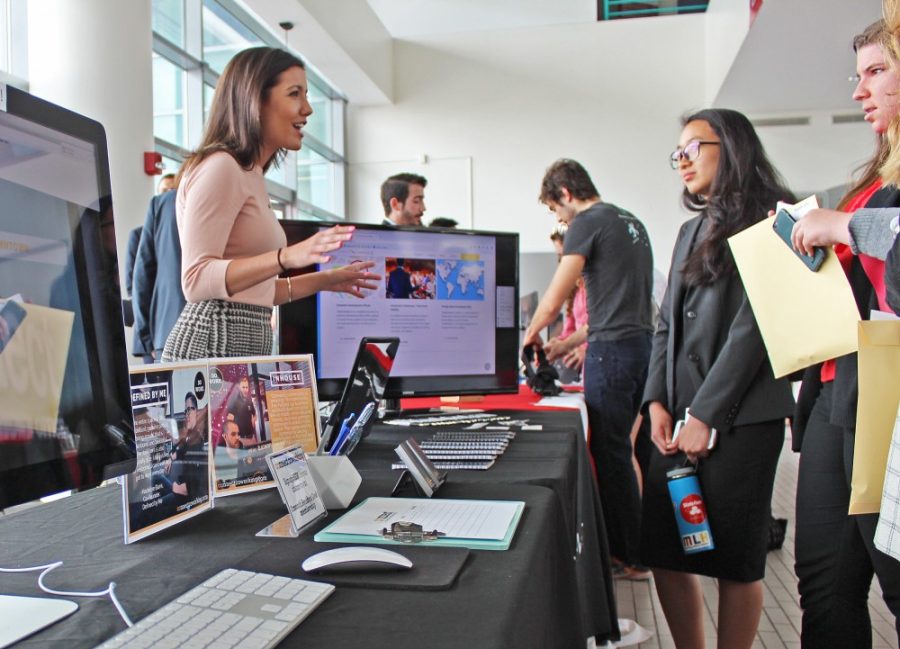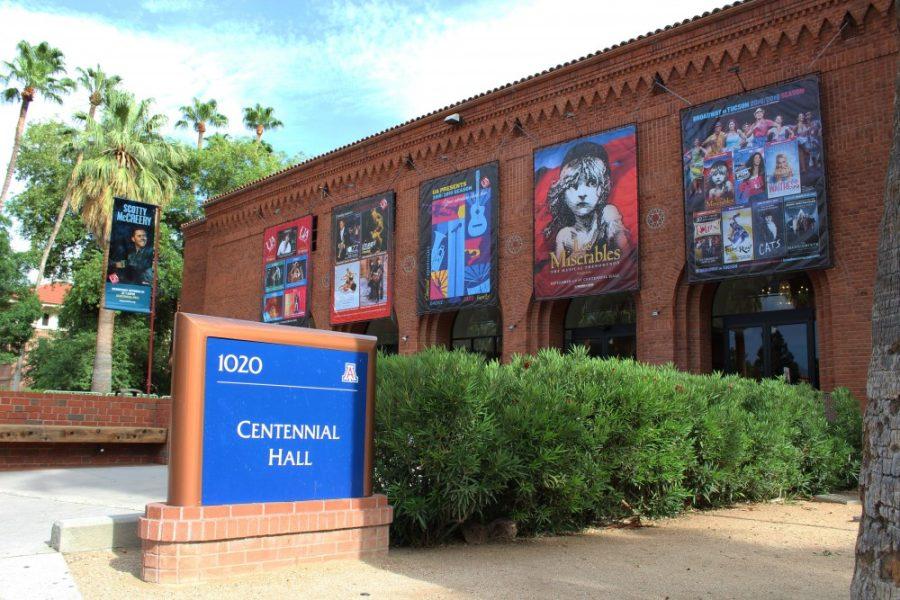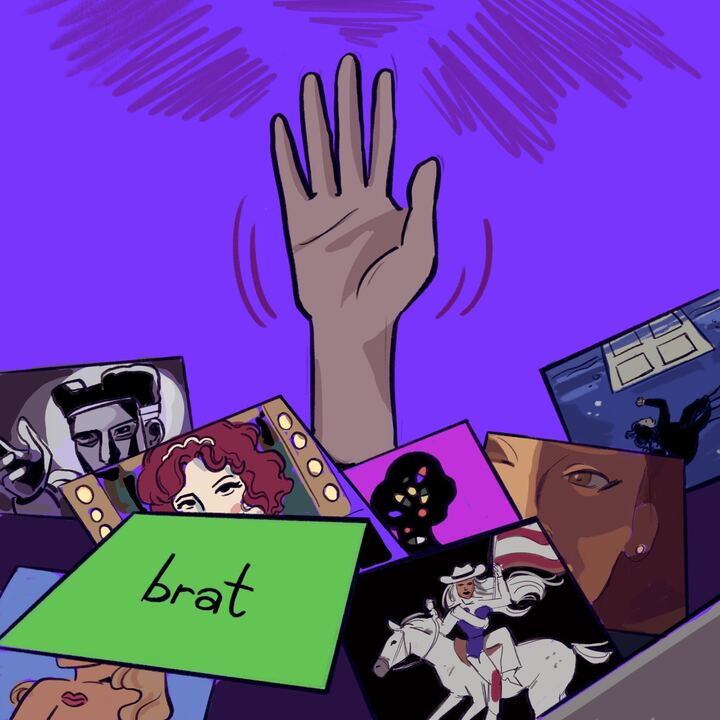In the news today, we hear about three things: Donald Trump, the Democratic primary campaign and never-ending bipartisan wars within Congress. Our focus is largely on topics that will affect our democracy on a greater scale, but lately our guaranteed rights and freedoms have been routinely violated by the very government sworn to uphold them.
During the last week of August, nine international students at Arizona State University were prevented from re-entering the United States from China at Los Angeles International Airport by Customs and Border Patrol. The students went back to China, where many are pursuing their degree online at ASU.
ASU President Michael Crow was both confused and angered by the actions of CBP, and wrote to the U.S. State Department as well as the Department of Homeland Security. His letter outlined his concerns and demanded answers from the government, including an explanation of CBP’s “standard procedures” and a way that ASU can aid foreign students when they are entering the U.S. In the letter, President Crow states that every one of his students had the “necessary documentation” to re-enter the United States, and points out that the students were forced to either buy their own tickets back home or face a five-year ban from the US.
RELATED: Protesters call for the removal of professor over homophobic comments
This constitutional crisis has since been seemingly swept under the rug by the U.S. government. President Crow’s letters have received no response from either Secretary of State Mike Pompeo or any officials at DHS. According to The State Press, CBP released a vague response: “The Chinese students were deemed inadmissible to the United States based on information discovered during the CBP inspection”, which did not answer, or even address, the concerns outlined by President Crow.
I reached out to the Office of the President at ASU. “Unfortunately we do not have any updates or further comments,’’ said Jerry Gonzales of the Media Relations Department in an email.
Oddly enough, something very similar happened to a Palestinian freshman at Harvard this year. According to the Washington Post, Ismail B. Ajjawi was prevented from entering the U.S. and had his student visa revoked on the grounds that “an immigration officer claimed she ‘found people posting political points of view that oppose the U.S.’” when going through the student’s electronics, despite the fact that Ajjawi had not made any of these posts himself. In the face of growing social media outrage, the student was allowed back into the U.S. in time to begin classes for the fall semester.
RELATED: UA salsa club opens the floor for new members
As a student at the University of Arizona, I am both outraged and terrified by both of these instances. We, the United States, have been violating rights that members of our government take an oath to uphold, and no one seems to care. The ASU students had their Fourth and Fourteenth Amendment rights bypassed with absolutely no apology, acknowledgement of wrongdoing or even rationalization of the act. Our First Amendment, which has been defended in countless Supreme Court cases, was taken away from a Palestinian student despite the fact that he did not make any of the “opposing” posts. Speaking out about things the U.S. government does is a right that everyone in the country has, and is central to the health of our democracy.
If the U.S. wants to continue to advertise itself as a beacon of democracy, it has a very long way to go. Our rights, human rights, cannot be taken away from people just because they are not from America. The xenophobia that currently exists in our government should be disconcerting for every citizen, especially those who are going to inherit the animosity that it creates. The UA has hundreds of international students who diversify our student body and bring new viewpoints and culture to our campus. The thought that CBP could prevent them from coming back — and that our top diplomats could turn a blind eye to the situation — chills me to the bone. Democracy is not America’s object to behold, but rather, it is an ideal to uphold, and we cannot dictate what humans deserves human rights.
Follow the Daily Wildcat on Twitter









